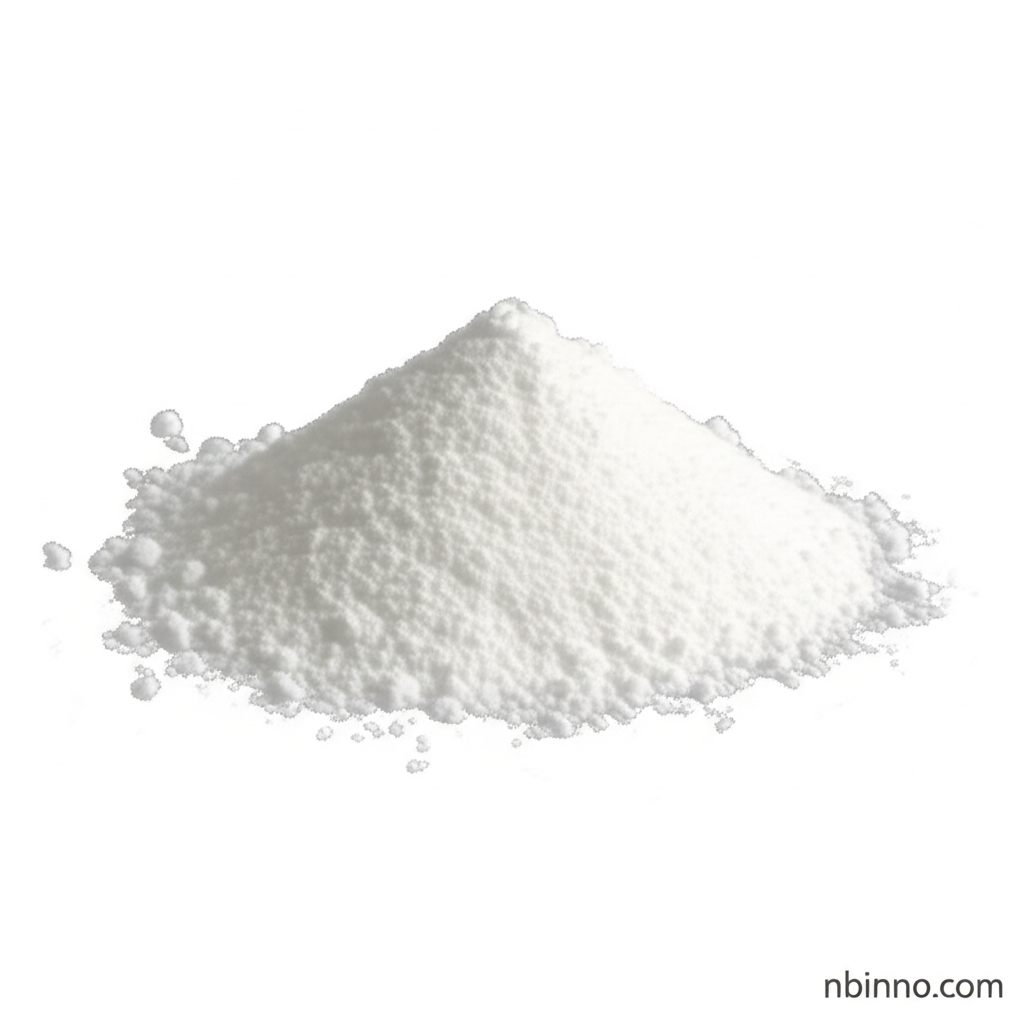6-Chloro-5-fluoroindole: A Versatile Intermediate for Pharmaceutical and Organic Synthesis
Discover the key properties and broad applications of this essential chemical building block.
Get a Quote & SampleProduct Core Value

6-Chloro-5-fluoroindole
This specialized chemical compound, also known as 6-Chloro-5-fluoro-1H-indole, is a critical intermediate in organic synthesis. Its molecular formula is C8H5ClFN, with a molecular weight of 169.583 g/mol. It is a white powdery substance with a purity typically exceeding 98.0%, making it a reliable choice for demanding applications in pharmaceutical and chemical research.
- A cornerstone in organic synthesis, discover the diverse applications of 6-chloro-5-fluoroindole in developing complex molecules.
- Explore the chemical properties of 6-chloro-5-fluoroindole, crucial for researchers aiming for precise synthetic outcomes.
- Learn why sourcing 6-chloro-5-fluoroindole from reputable manufacturers in China ensures high purity and consistent quality for your projects.
- Investigate the potential of 6-chloro-5-fluoroindole as a pharmaceutical intermediate, particularly in targeting neurological disorders.
Key Advantages
High Purity and Consistency
With an assay of ≥98.0%, this compound guarantees reliable performance in intricate chemical reactions, supporting accurate synthesis outcomes and showcasing its value as a pharmaceutical intermediate.
Versatile Building Block
The unique halogenated indole structure of 6-chloro-5-fluoroindole allows for a wide range of chemical transformations, making it an indispensable tool for creating novel compounds in organic synthesis.
Critical for Drug Development
As a key intermediate for pharmaceutical development, its application in synthesizing molecules with therapeutic potential, especially for neurological disorders, highlights its significant role in medicinal chemistry.
Key Applications
Pharmaceutical Synthesis
Utilized as a crucial building block in the pharmaceutical industry for synthesizing complex molecules with therapeutic potential, particularly in drug discovery for neurological disorders.
Organic Chemistry
Serves as a versatile intermediate in various organic synthesis processes, enabling the creation of intricate heterocyclic systems and other advanced organic molecules.
Agrochemical Development
Contributes to the synthesis of novel pesticides and herbicides, showcasing its utility beyond pharmaceuticals in the agrochemical sector.
Material Science
Finds application in material science for the synthesis of advanced organic materials, potentially contributing to the development of new functional materials.
